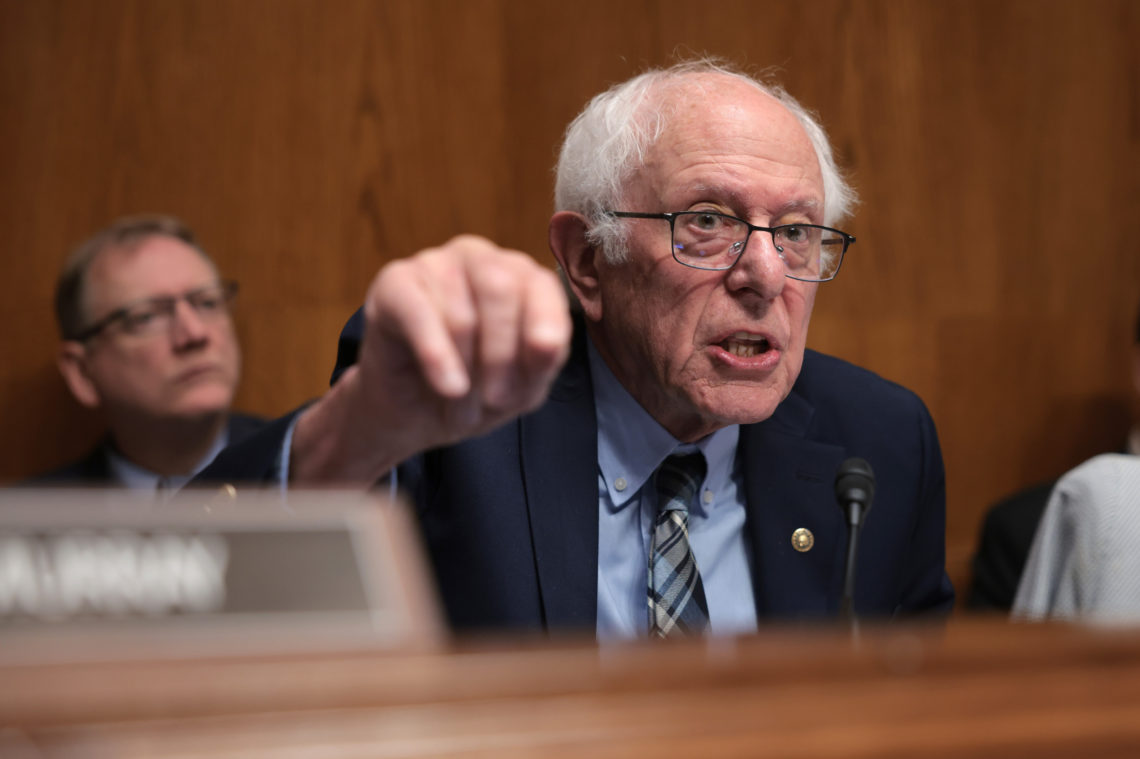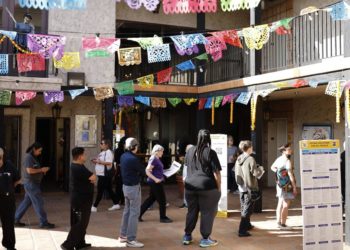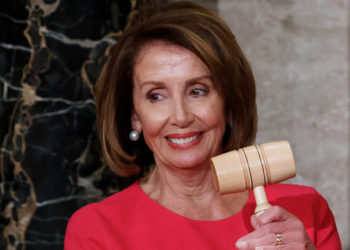Vermont Independent Senator Bernie Sanders and 10 Senate Democrats sent a letter to Education Secretary Linda McMahon on Tuesday, demanding explanations after the Trump administration paused student loan forgiveness under the Income-Based Repayment (IBR) plan.
This is a move the senators said would harm borrowers who had been in repayment for two decades or more.
Newsweek reached out to Sanders and the Department of Education for comment via email.
Why It Matters
The senators said the pause has created confusion for borrowers who have made payments for decades and could result in denials of legally mandated relief or unexpected tax bills.
Some 3 million borrowers are part of the IBR program, according to Sanders’ press release.
More than 40 million Americans carry federal student loan debt, and the outstanding nationwide balance exceeds $1.7 trillion.
What To Know
Sanders led the group of senators in the letter to McMahon, who was nominated by President Donald Trump, that demanded clarity on the pause. The other senators were: Mazie Hirono (D-Hawaii), Elizabeth Warren (D-Mass.), Tim Kaine (D-Va.), Jeff Merkley (D-Ore.), Peter Welch (D-Vt.), Ron Wyden (D-Ore.), Richard Blumenthal (D-Conn.), Alex Padilla (D-Calif.), Kirsten Gillibrand (D-N.Y.) and Jack Reed (D-R.I.).
The lawmakers also criticized the lack of notice to borrowers and Congress and warned that affected borrowers could face tax liabilities if forgiveness did not proceed.
“At a time when Americans across the country are struggling to meet the costs of health care, food, housing, child care and other basic needs, it is unacceptable for the Trump administration to take any action that delays or denies legally mandated debt relief to borrowers that have been in repayment for two decades or more,” says the letter.
“The department should not require borrowers who have fulfilled their legal repayment obligations to continue paying with no guarantee or timeline for relief,” it adds.
The Trump administration has also reduced the number of income-driven plans and introduced rules that included a minimum monthly payment even for borrowers with no income. There will also be higher payment formulas tied to income bands, and a 30-year repayment term before eligibility for forgiveness.
These measures could increase costs for many borrowers compared with prior plans, experts say.
“Historically, any time there is a change in law or federal programs, it was on a going-forward basis, and those already in the system were ‘grandfathered’ in,” Drew Powers, the founder of Illinois-based Powers Financial Group, told Newsweek. “An indefinite pause for all borrowers is in stark contrast to how things are usually done.”
The new transition rules require borrowers who consolidated through the federal direct loan program beginning July 1, 2026, to choose between Repayment Assistance Plan (RAP) and the standard plan.
Under RAP, your monthly payments for each year are determined based on your income, and after a fixed term, you would qualify for student loan forgiveness.
However, it differs from other IDR plans because it has higher monthly payments and uses a different formula where the percentage of income that is counted toward your monthly payment increases for every $10,000 in additional income earned by the borrower with a cap of $100,000. Other IDR plans use a fixed repayment formula and factor in inflation.
Prior payment plans would be phased out through 2028, which could force difficult choices for borrowers.
“The administration says the pause is about ensuring accurate tracking of qualifying payments. The program hasn’t ended. It’s simply on hold. IBR is still safe for now, even as other plans like SAVE, PAYE, and ICR are phased out. Officials have assured borrowers that forgiveness will resume once the system issues are resolved,” Kevin Thompson, the CEO of 9i Capital Group and the host of the 9innings podcast, told Newsweek.
“For borrowers, though, it creates uncertainty. You’re expected to keep making payments as scheduled, and while any overpayments should eventually be refunded, the reality is you’re left in limbo.”
What People Are Saying
Alex Beene, a financial literacy instructor for the University of Tennessee at Martin, told Newsweek: “The Trump Administration paused some of the income-based repayment options as it reassessed both the legality of some of them and how they align with the priorities of the administration. The problem, obviously, is for the many student borrowers who have previously qualified, it burdens them with potentially higher monthly payments and financial difficulties on a more than likely lower income.”
Michele Zampini, associate vice president of federal policy and advocacy at The Institute for College Access & Success (TICAS), told Newsweek: “Borrowers have upheld their end of their bargain by making decades of payments and are legally entitled to have any remaining balance discharged under the IBR program. With little explanation, the Education Department is failing to uphold its responsibility to process these discharges, and has given borrowers no clarity as to when this will be resolved. This delay is especially concerning given that loans discharged after 2025 are subject to a heavy tax liability, even if they should have been discharged before the tax change goes into effect.”
Drew Powers, the founder of Illinois-based Powers Financial Group, told Newsweek: “These senators are outraged, and their constituents will soon follow, because this is essentially changing the rules halfway through the game. The affected Student loan borrowers chose Income-Based Repayment (IBR) with the obligation to pay a percentage of their income every single month for 20 to 25 years and the right to loan forgiveness of the remaining balance after that time. There are now borrowers who made this deal 24 years ago, and in July had the rug pulled out from under them. How is this okay?”
What Happens Next
Borrowers who relied on IBR or other legacy income-driven plans face deadlines to consolidate or select new repayment options as the administration phases prior plans out through 2028.
Experts warn those transitions could raise defaults and costs for some borrowers.
“In the end, this only hurts middle- and lower-income workers who have been paying back the government on a high interest loan for 20-25 years,” Powers said. “They did what they were supposed to do, they have paid back what they borrowed and then some, they just don’t make a lot of money. I don’t see how these are the borrowers anyone is mad at.”
The post Student Loan Update: Lawmakers Issue Warning Over Change Impacting Millions appeared first on Newsweek.




